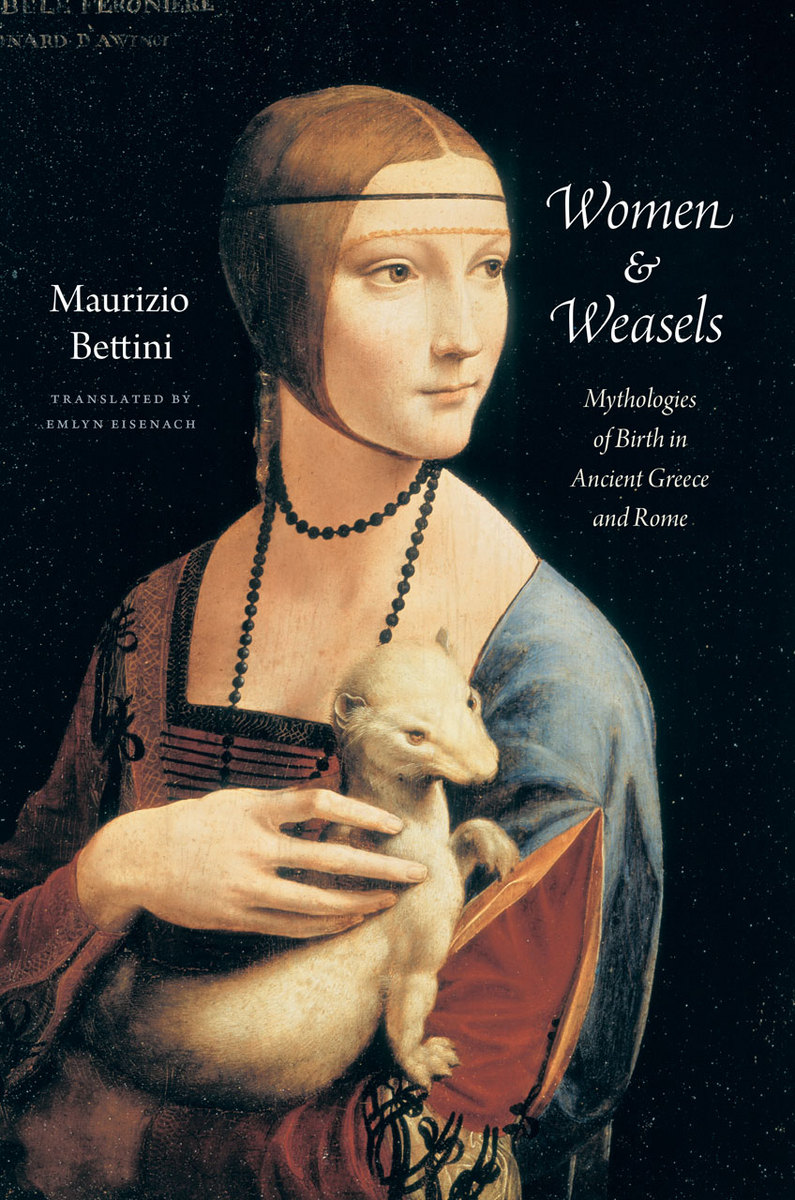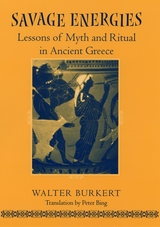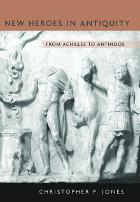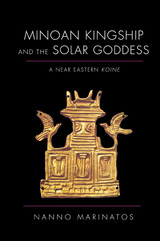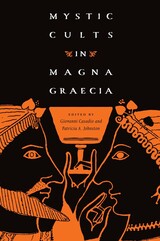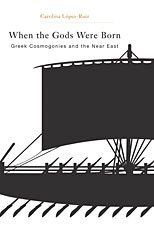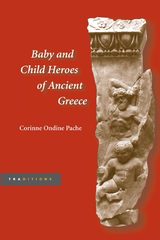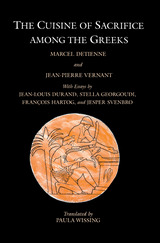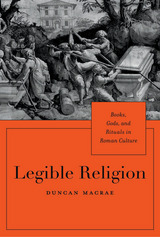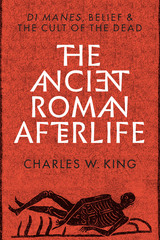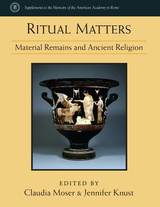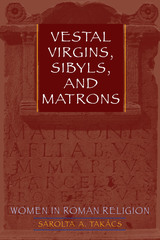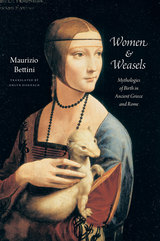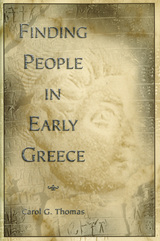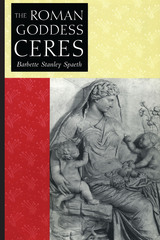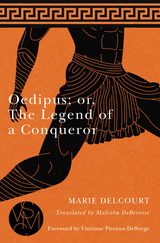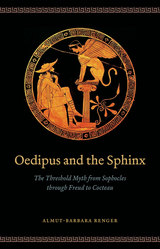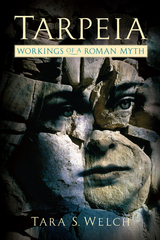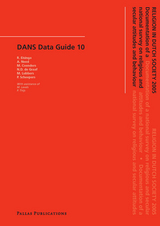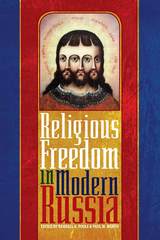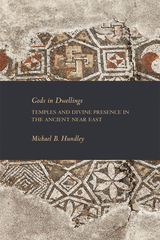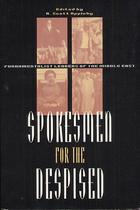Women and Weasels: Mythologies of Birth in Ancient Greece and Rome
University of Chicago Press, 2013
eISBN: 978-0-226-03996-1 | Cloth: 978-0-226-04474-3
Library of Congress Classification BL820.A56B4713 2013
Dewey Decimal Classification 292.13
eISBN: 978-0-226-03996-1 | Cloth: 978-0-226-04474-3
Library of Congress Classification BL820.A56B4713 2013
Dewey Decimal Classification 292.13
ABOUT THIS BOOK | AUTHOR BIOGRAPHY | REVIEWS | TOC | REQUEST ACCESSIBLE FILE
ABOUT THIS BOOK
If you told a woman her sex had a shared, long-lived history with weasels, she might deck you. But those familiar with mythology know better: that the connection between women and weasels is an ancient and favorable one, based in the Greek myth of a midwife who tricked the gods to ease Heracles’s birth—and was turned into a weasel by Hera as punishment. Following this story as it is retold over centuries in literature and art, Women and Weasels takes us on a journey through mythology and ancient belief, revising our understanding of myth, heroism, and the status of women and animals in Western culture.
Maurizio Bettini recounts and analyzes a variety of key literary and visual moments that highlight the weasel’s many attributes. We learn of its legendary sexual and childbearing habits and symbolic association with witchcraft and midwifery, its role as a domestic pet favored by women, and its ability to slip in and out of tight spaces. The weasel, Bettini reveals, is present at many unexpected moments in human history, assisting women in labor and thwarting enemies who might plot their ruin. With a parade of symbolic associations between weasels and women—witches, prostitutes, midwives, sisters-in-law, brides, mothers, and heroes—Bettini brings to life one of the most venerable and enduring myths of Western culture.
Maurizio Bettini recounts and analyzes a variety of key literary and visual moments that highlight the weasel’s many attributes. We learn of its legendary sexual and childbearing habits and symbolic association with witchcraft and midwifery, its role as a domestic pet favored by women, and its ability to slip in and out of tight spaces. The weasel, Bettini reveals, is present at many unexpected moments in human history, assisting women in labor and thwarting enemies who might plot their ruin. With a parade of symbolic associations between weasels and women—witches, prostitutes, midwives, sisters-in-law, brides, mothers, and heroes—Bettini brings to life one of the most venerable and enduring myths of Western culture.
See other books on: Ancient Greece Rome | Birth | Childbirth | Mythologies | Mythology
See other titles from University of Chicago Press
